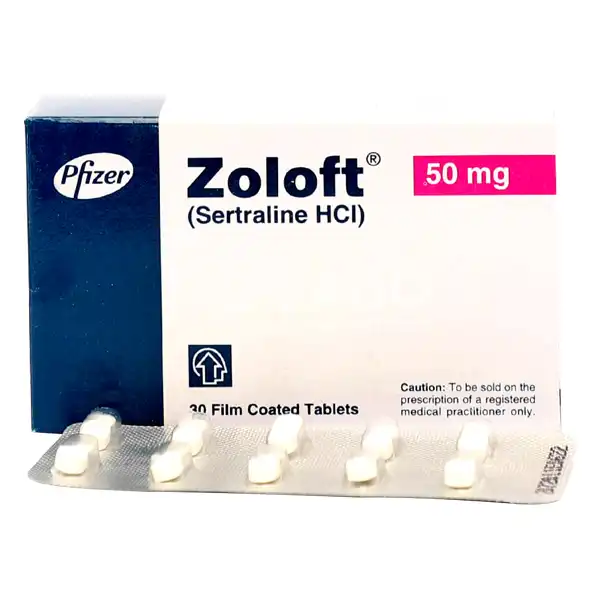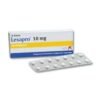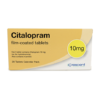What is zoloft?
Get Now
Zoloft
Uses
- Depression: Zoloft is commonly prescribed to treat major depressive disorder (MDD).
- Anxiety Disorders: It is used for generalized anxiety disorder (GAD), social anxiety disorder (SAD), and panic disorder.
- Obsessive-Compulsive Disorder (OCD): Zoloft helps reduce the frequency and severity of obsessive thoughts and compulsive behaviors.
- Post-Traumatic Stress Disorder (PTSD): It can assist in managing symptoms related to PTSD.
- Premenstrual Dysphoric Disorder (PMDD): Zoloft helps alleviate severe emotional and physical symptoms associated with PMDD.
Benefits
- Improved Mood: Zoloft can enhance mood and emotional well-being by increasing serotonin levels in the brain.
- Reduced Anxiety: It helps alleviate symptoms of anxiety and panic, leading to a more stable and manageable day-to-day life.
- Decreased Obsessive-Compulsive Symptoms: It can reduce the intensity of obsessive thoughts and compulsive behaviors in OCD.
- Better Sleep and Appetite: By addressing depression and anxiety, it may help improve sleep patterns and appetite.
Side Effects
Like all medications, Zoloft may cause side effects. These can vary in severity and not everyone will experience them. Common side effects include:
- Gastrointestinal Issues: Nausea, diarrhea, or constipation.
- Central Nervous System Effects: Headache, dizziness, or drowsiness.
- Sexual Dysfunction: Decreased libido, difficulty achieving orgasm, or erectile dysfunction.
- Weight Changes: Weight gain or loss.
- Dry Mouth: A common but usually manageable side effect.
- Sweating: Increased perspiration.
Serious Side Effects
While rare, serious side effects can occur:
- Suicidal Thoughts: Especially in younger individuals, there may be an increased risk of suicidal thoughts or behavior.
- Serotonin Syndrome: A potentially life-threatening condition caused by too much serotonin, leading to symptoms like agitation, hallucination, fever, and muscle rigidity.
- Allergic Reactions: Severe reactions including rash, itching, or swelling, especially in the face or throat.
Considerations
- Interactions: Zoloft can interact with other medications, including other antidepressants, certain pain medications, and blood thinners. Always inform your healthcare provider of all medications and supplements you’re taking.
- Gradual Adjustment: Discontinuing Zoloft suddenly can lead to withdrawal symptoms. It’s important to follow your doctor’s guidance for tapering off the medication if needed.
As with any medication, it’s crucial to have open communication with your healthcare provider to tailor the treatment to your specific needs and monitor for any adverse effects.



